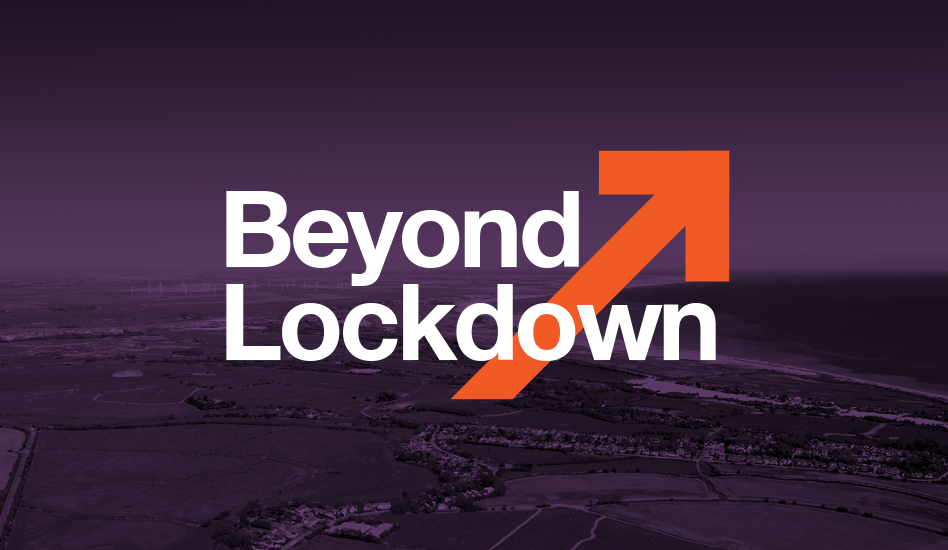During the summer of 2020, researchers worked with care leavers to co-produce key messages for both care leavers and also for services to enable them to provide effective support to care leavers during the pandemic.
Many young people leave the care system feeling unprepared, financially insecure, in poor mental health and without the support networks most of us take for granted. This can mean care leavers are particularly vulnerable to the effects of COVID-19 and lockdown.
To deepen understanding about the impact of COVID on care leavers, NIHR Applied Research Collaboration (ARC) KSS commissioned research that posed two questions: “What were the impacts of the Covid-19 crisis on care leavers’ mental health and daily functioning? What support do care leavers want as lockdown ends?”
The process
A national online survey asked care leavers about the impact of lockdown and their future support needs. This was followed by online workshops, where care leavers in the KSS region reviewed the main points from the survey and used these, along with their own experiences and ideas, to produce the key messages.
Key findings
The survey and online groups showed that lockdown has had major effects on care leavers’ daily lives and well-being – with 70% reporting that their mental health had deteriorated and some indicating clinical levels of depression and anxiety. Care leavers also reported struggling to get food and earn money.
Key insights from care leavers taking part in the research include:
• 70% reported a deterioration of their mental health during lockdown
• Female care leavers were worst affected by anxiety or depression
• 45% screened positive for possible clinical depression and 43% for possible clinical levels of anxiety (based on PHQ-2)
• 31% found it more difficult or impossible to earn money/receive benefits
• 23% found it harder or impossible to pay their rent or bills
• 22% of respondents did not feel safe where they were living and 31% had moved
• 55% often/always felt lonely during lockdown
• 77% reported that their sleep had deteriorated during lockdown
• Care leavers reported that they were most likely to turn to help from their friends (55%) and personal advisers (48%).
Key messages
The key messages for services providers and commissioners were to: maintain face to face support where possible, enable care leavers to build independence, and enhance practical support.
Care leavers said services should be proactive, offer personalised, genuine support, rather than ‘tick-box’ care, ideally face-to-face, and made several practical training suggestions for PAs. Care leavers suggested peer supporters could act as a bridge with services, help build confidence and help take the first steps to change services.
Mental health was identified as the primary support need for the end of lockdown. Others included housing, finances, employment/education/training, reconnecting with others and support for independence.
The strongest message to other care leavers was ‘ask for help if you need it’. Care leavers were encouraged to find/re-establish a routine, exercise, do things they enjoy, stay connected to trusted people and stay optimistic.
The research enabled care leavers to share their ideas about support needs which will be invaluable to enable services to provide effective, targeted support. They also had advice for other care leavers to help them thrive after lockdown.
Sharing findings and pledging change
Initial findings were presented at the ARC KSS Starting Well theme event on November 4th and the ARC KSS Community of Practice event on November 25th, which attracted 70+ attendees from local authorities, health, Department for Education, care leavers, researchers, KSS AHSN and others.
Care leavers who had participated in the research presented at the event, discussing their personal experiences of lockdown in the light of the research findings, focusing on key messages to care leavers and services. Staff members from KSS participating local authorities also presented at the event, outlining initial responses and implementation plans.
A care leaver who gave a presentation at the second event said:
“The fact that our voice was heard through such an endeavour was outstanding.
“It was also great for care leavers to hear about the changes and plans set forward by the National Advisor for Care Leavers. But the biggest challenge was trying to get such a range of individuals together, and I feel this was done incredibly well, from health associates and researchers to local authorities. The ability to discuss across a range of people is definitely a step in the right direction for us all.”
Delegates at the event were encouraged by the Chair, Becca Randell, Kent, Surrey and Sussex Starting Well Implementation Lead, to pledge their commitments to change. A further event on 23 February 2021, jointly led by care leavers, will track progress on how the pledges have been taken forward.
Becca said:
“It was great to share initial findings with a number of key stakeholders and hear from the care leavers involved in the research.
“The key is to ensure that momentum is maintained, and that the 35 pledges made by key partners are implemented to make a difference for care leavers during and beyond lockdown.”
Find out more
Becca Randell, Starting Well Implementation Lead




